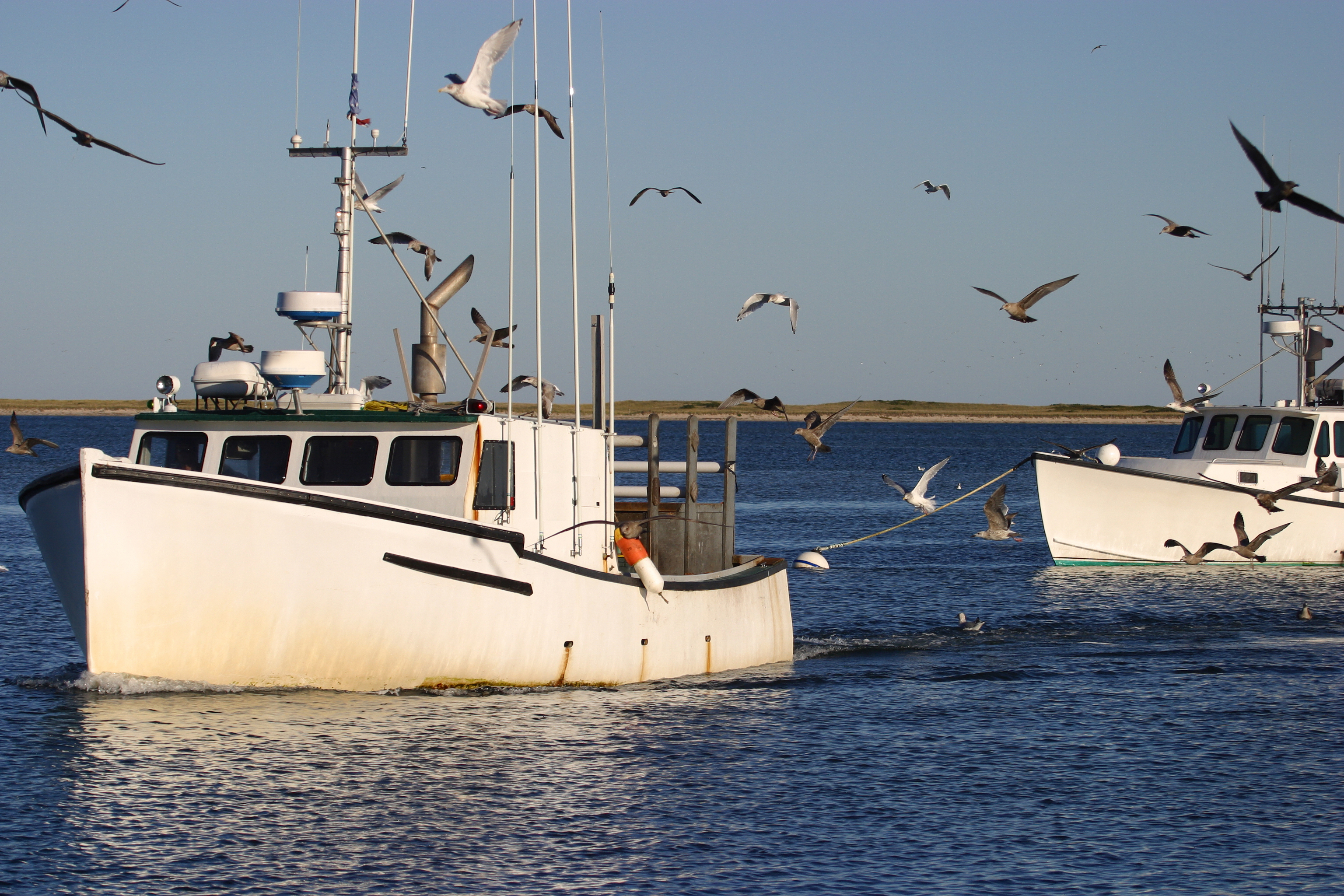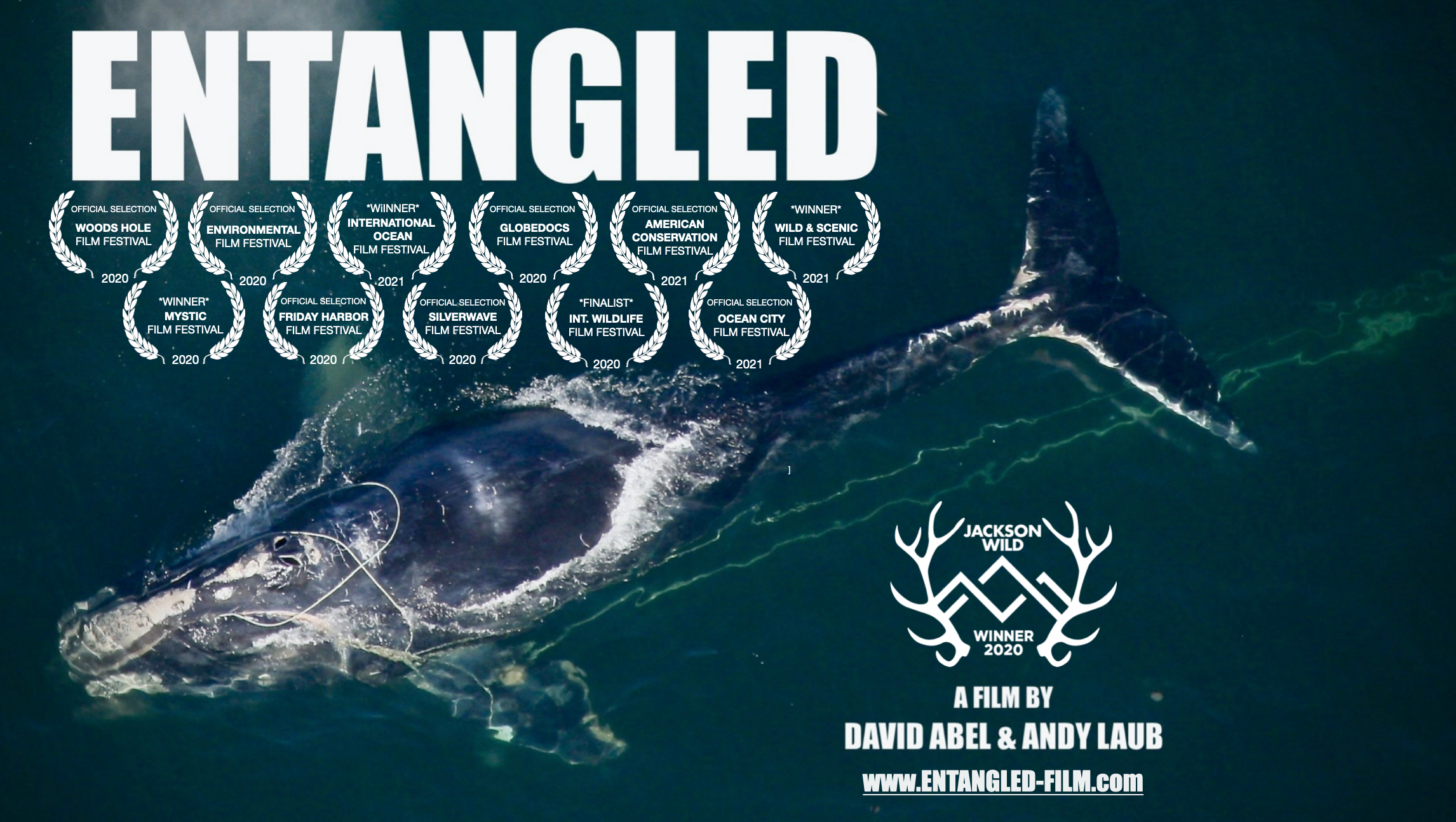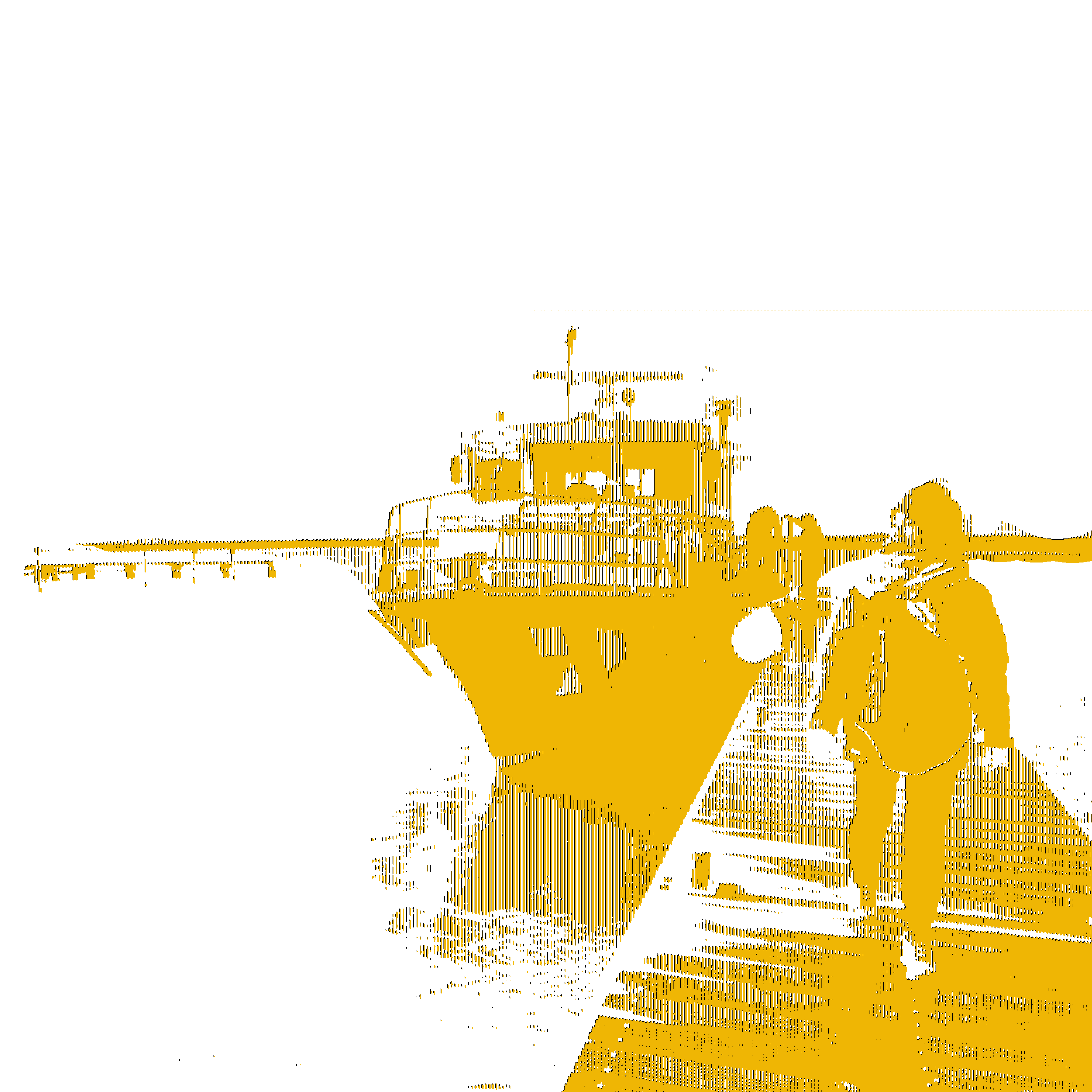
PORTLAND, Maine — Their catch this year has plummeted, while their exports to China have been gutted by the trade war. The government has imposed strict quotas on their primary bait. And they’re facing serious lawsuits that could affect how they fish.
Now, the region’s lobstermen are facing a new, imminent threat, one that could drastically change how they’ve operated for generations: regulations to protect North Atlantic right whales.
With a population that has dwindled by 20 percent over the past decade to about 400, the critically endangered species is at risk of extinction, largely because of hundreds of thousands of buoy lines that extend from the surface to the seafloor in the Gulf of Maine.
As a result, federal regulators are considering rules that could cut as many as half those lines, the leading cause of right whale deaths.
But lobstermen here say such limits could devastate an industry that contributes an estimated $1.5 billion to the state’s economy, and their opposition has been building for months, with the support of their state’s leaders.
“My administration will not allow any bureaucrat to undermine our lobster industry or our economy with foolish, unsupported, and ill-advised regulations,” Governor Janet Mills told a crowd of cheering lobstermen at a protest last summer in Stonington. “I will do everything to protect your rights and livelihoods and defend Maine’s lobster industry in the face of this absurd federal overreach.”
The backlash started shortly after a government-appointed team of scientists, fishermen, and others urged the agency to require lobstermen to reduce their buoy lines, among other measures.
Initially, representatives of lobstermen and state officials in Maine voted to approve the team’s controversial recommendations, a compromise with environmental groups that scientists estimated would reduce the risk of death and serious injury to the whales by roughly 60 percent.
But with increasingly vocal protests across Maine’s rugged coast from rank-and-file lobstermen, the state’s leaders — including the entire congressional delegation — reversed the state’s position and opposed the recommendations made by the Atlantic Whale Take Reduction Team, even writing to President Trump to ask for his intervention to block the rules.
More recently, state officials have countered the federal proposal with one of their own, which would instead reduce buoy lines by about 25 percent.
Maine’s plan would require lobstermen to use weaker rope that could break during an entanglement, increase the number of traps per buoy line for many lobstermen, and mandate specially colored rope that indicates the lines are from Maine. It would also require lobstermen to file monthly reports on where they fish, and how many traps they used.
“This is our line in the sand,” Patrick Keliher, commissioner of the Maine Department of Marine Resources, told lobstermen at a meeting in Portland in December. “If they don’t accept this, I’m sure we’re going to be in a federal court, fighting this out.”
But environmental advocates argue that Maine’s counterproposal is woefully inadequate, noting that federal scientists have said that the species can’t survive the unnatural death of more than one whale a year.
“It’s disappointing that Maine has continued to backtrack,” said Erica Fuller, a senior staff attorney at the Conservation Law Foundation, a Boston-based advocacy group that has sued the National Oceanic and Atmospheric Administration to do more to protect right whales. “We are in the midst of an extinction crisis, and the agency cannot let politics and money get in the way of saving this iconic species.”
The only sure way to reduce the risk, she and other advocates say, is to allow far fewer buoy lines or expand fishing closures, as the federal government already does for several months a year in Cape Cod Bay.
“NOAA cannot allow any more blind management decisions to contribute to the alarming decline of right whales,” said Fuller, adding that Maine officials have “politicized the scientific process and made gratuitous recommendations.”
But lobstermen, who have seen this year’s catch fall by as much as 40 percent and have been coping with a 70 percent cut to quotas for herring, their primary bait, argue that the real fault lies with Canada.
In a letter to NOAA last month, Maine’s congressional delegation accused the agency of perpetuating “the unsubstantiated narrative that the Maine lobster fishery is the primary cause of right whale serious injury and mortality.”
In recent years, as the Gulf of Maine has warmed and the right whale’s primary food source has declined and moved farther north, the lawmakers noted that more of the whales have died in Canadian waters than off the coast of New England. Of the 30 found dead since 2017, 21 died in Canada.
“Continuing to downplay the role of Canadian fisheries in future right whale management plans ignores the reality that the species is not bound by national borders,” they wrote. “Lobster fishery management efforts cannot be successful unless the impacts from Canadian fisheries and shipping on right whale injury and mortality are adequately accounted for.”
Facing opposition on both sides, federal regulators say they’re searching for common ground.
A recent scientific evaluation of Maine’s proposal suggested it would protect whales only slightly less than the federal plan submitted in the spring, meaning Maine’s plan could be accepted, NOAA officials said.
“We are working on a solution that allows for right whales to recover, while lobster fishing continues to thrive,” said Jennifer Goebel, a spokeswoman for NOAA.
Michael Pentony, the regional administrator of NOAA, said he recognizes that Maine has “the most to lose” from the new regulations.
“We understand their frustrations,” he said in an interview.
He declined to comment on the agency’s plans but called the effort to save right whales “a moral obligation.”
“This is a monumental challenge we’re facing, and it requires everybody . . . our state partners, the fishing industry, environmental groups,” Pentony said. “We all need to come to the table and play a part in the recovery of this iconic species.”
NOAA officials had said the rules would likely be released this month, but they are now slated for March. NOAA officials recently announced that they plan to provide $1.6 million to help lobstermen and others comply with the protection measures.
At a recent conference on right whales in Portland, scientists from the Woods Hole Oceanographic Institution presented a study suggesting that lobstermen can actually increase their profits by reducing their buoy lines.
Between 2007 and 2013, landings per trap in Maine increased by 124 percent, while the overall number of traps they fished fell by 10.5 percent, the study found. In 2018, Maine lobstermen caught 119 million pounds of lobster — more than double the catch in 2000.
The paper also found that while Maine lobstermen spent significantly more time fishing than their Canadian counterparts, the Canadians caught nearly four times as much as the Americans, suggesting the lobstermen across the border are more efficient.
“If fishermen end up taking gear out of the water to protect right whales, that doesn’t necessarily mean that the industry will suffer,” said Hannah Myers, one of the authors of the study. “In fact, they may earn more in the long term by making the fishery more efficient. The data show that this could be a genuine win-win scenario.”
Officials at the Maine Lobstermen’s Association didn’t respond to requests for comment about the study. But they oppose both the federal and state proposals to protect the whales.
That continued resistance, and the possibility that regulators could accept Maine’s plan, has led some environmental advocates to threaten legal action.
“The right whale has no time for half measures,” said Jane Davenport, a senior staff attorney at Defenders of Wildlife, a Washington, D.C.-based advocacy group that has already sued the federal government. If NOAA “runs out the clock rather than implementing the aggressive, full-court press strategy the law requires to save this species, it will answer to us in court.”













